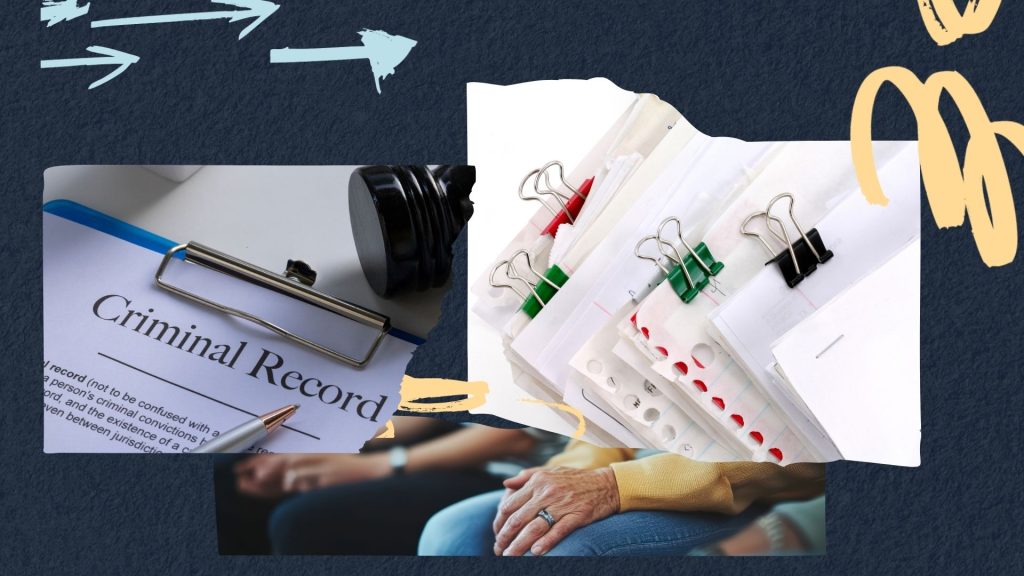Commuity-sourced indicators for public safety
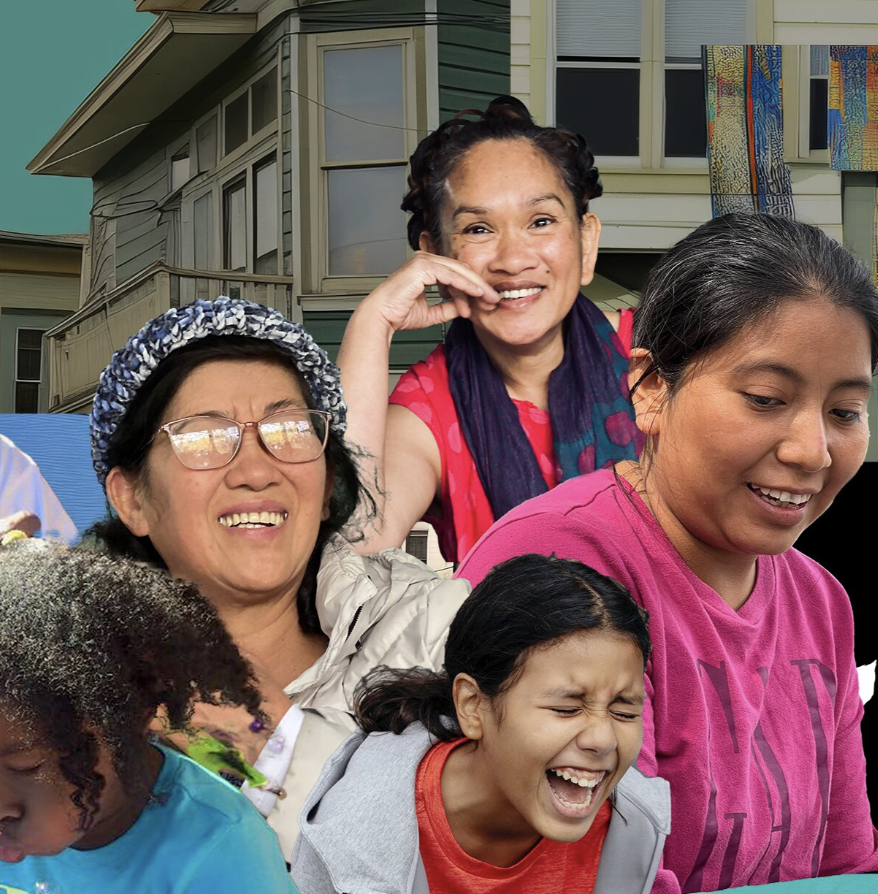
Integrating community expertise into public safety reform.
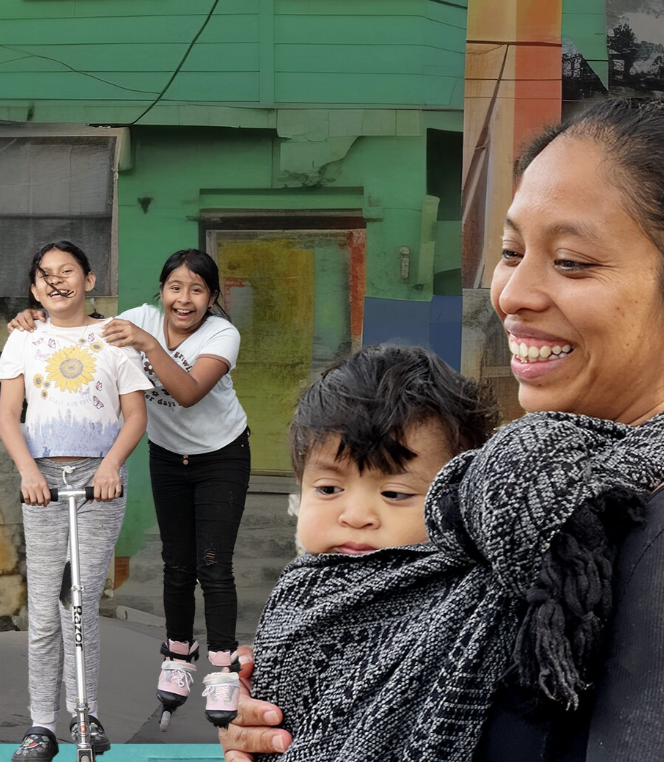
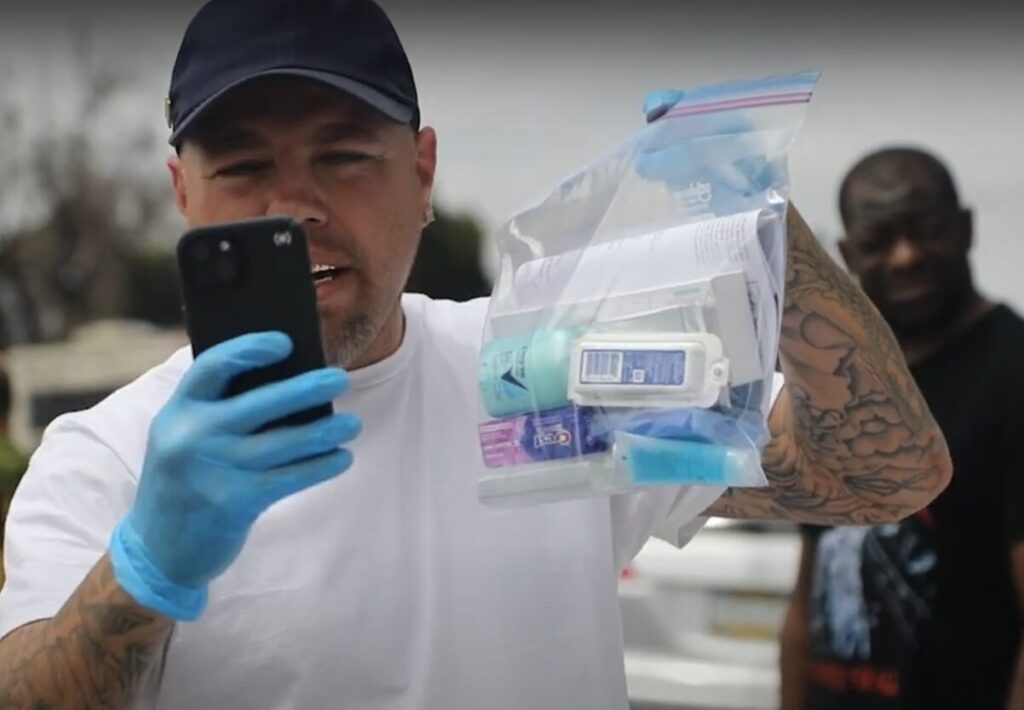
At the Possibility Lab, we believe that the people closest to social problems are also closest to their solutions, and that the policy process works best when policymakers, researchers, and those with lived experience work hand-in-hand.
Over the past two years, the Possibility Lab has been working alongside a diverse group of policymakers and community organizations to integrate residents’ voices into policy design, implementation, and evaluation, using a process we call the Firsthand Framework for Policy Innovation. The Firsthand Framework’s methodology gathers rich, qualitative expertise from communities and uses it to generate quantitative indicators, which can then be used to identify, pilot, and evaluate reforms that authentically represent community perspectives and priorities.
In the City of Oakland, the Possibility Lab team worked with six organizational partners to collect over 500 “firsthand indicators” of community safety, drawn from thirty-three focus groups and town halls across nine distinct communities. These discussions brought together hundreds of residents representing many of the city's diverse communities that have been most directly affected by crime and violence: Black, Latinx, and AAPI residents, immigrant families and refugees, systems-impacted youth, and more.
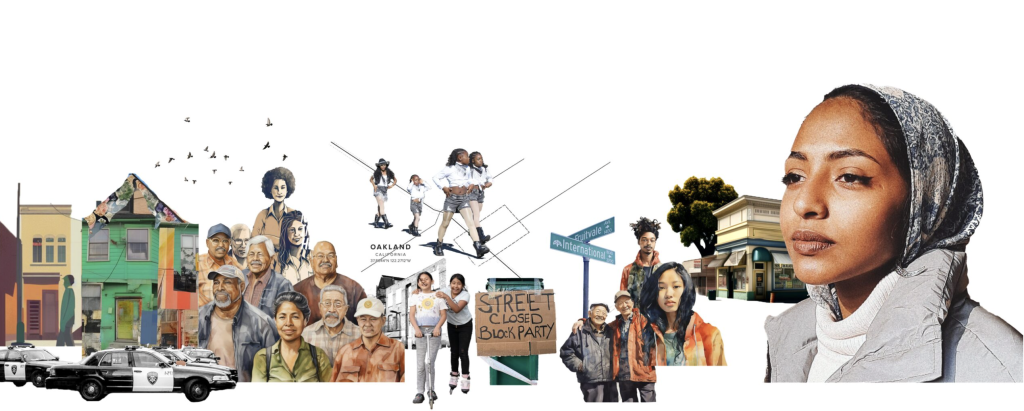 The indicators are publicly available on our interactive multimedia website.
The indicators are publicly available on our interactive multimedia website.
The insights that emerged from this participatory process shine a spotlight on the rich and nuanced ways that communities themselves experience and articulate safety, through the focused lens of their firsthand experiences. In addition to the traditional concerns of criminal justice policy like policing and violence, the firsthand indicators point to key themes that reflect a more holistic lens on public safety – addressing dimensions of social capital, youth, health, the physical environment, and economic security.
Drawing on a participatory process, the Framework aims to empower communities themselves to help map the systems that affect their lives. Perhaps most importantly, what the Firsthand Framework makes clear is that we need communities and government working together, in meaningful and sustained partnership, if we hope to co-create real and lasting change. Historically, those most directly impacted by social problems and their proposed solutions are left out of policy debates. In contrast, the Firsthand Framework starts from the assumption that the lived experiences of these communities should be central to our understanding of the issues they face, as well as the types of solutions they want and need.
As we move into the next phase of this work, the Possibility Lab will continue partnering with the City of Oakland to build a measurement tool that will translate this rich, qualitative data into quantitative survey measures. These measures will then be used by the city’s Department of Violence Prevention, the Neighborhood Services Division, and other local government agencies to evaluate public safety across neighborhoods and over time.
 Explore our interactive multimedia website.
Explore our interactive multimedia website.
Stay up to date with us.
Sign up for our newsletter—no spam, no nonsense.

